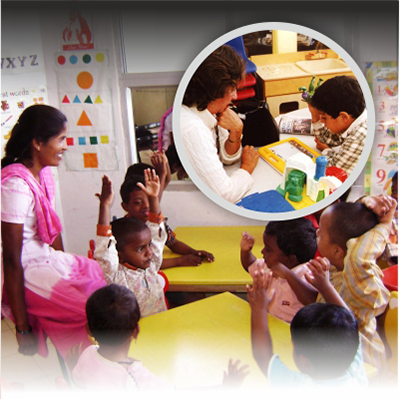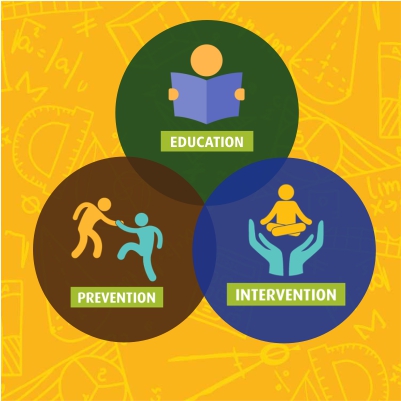

Special education is purposeful intervention designed to prevent, eliminate, and/or overcome the obstacles that might keep an individual with disabilities from learning and from full and active participation in school and society. It is important for parents to understand how special education is different than general education.

There are three basic types of intervention: preventive, remedial, and compensatory
© 2017 Mukta's Remedial Learning Solutions. All rights reserved | Design by OSK IT Solutions